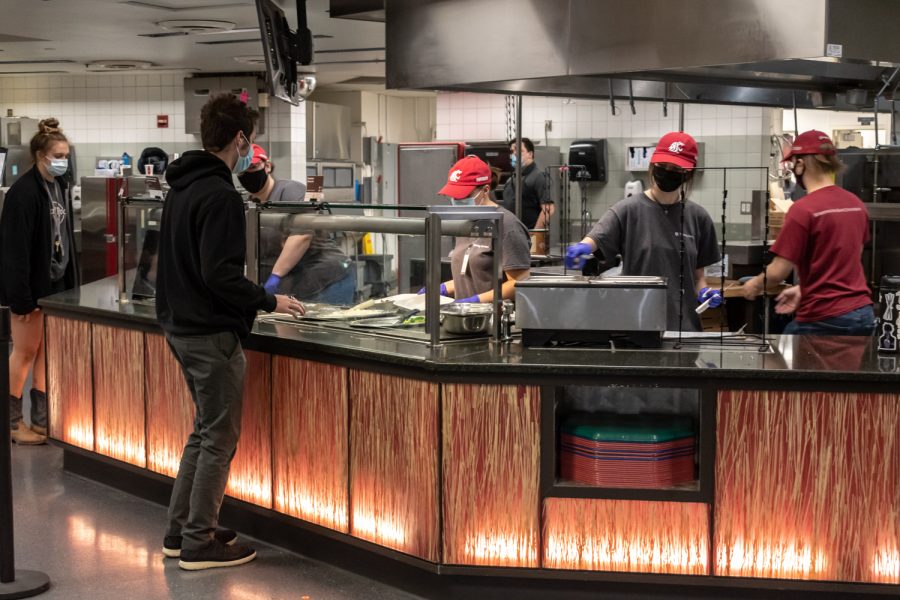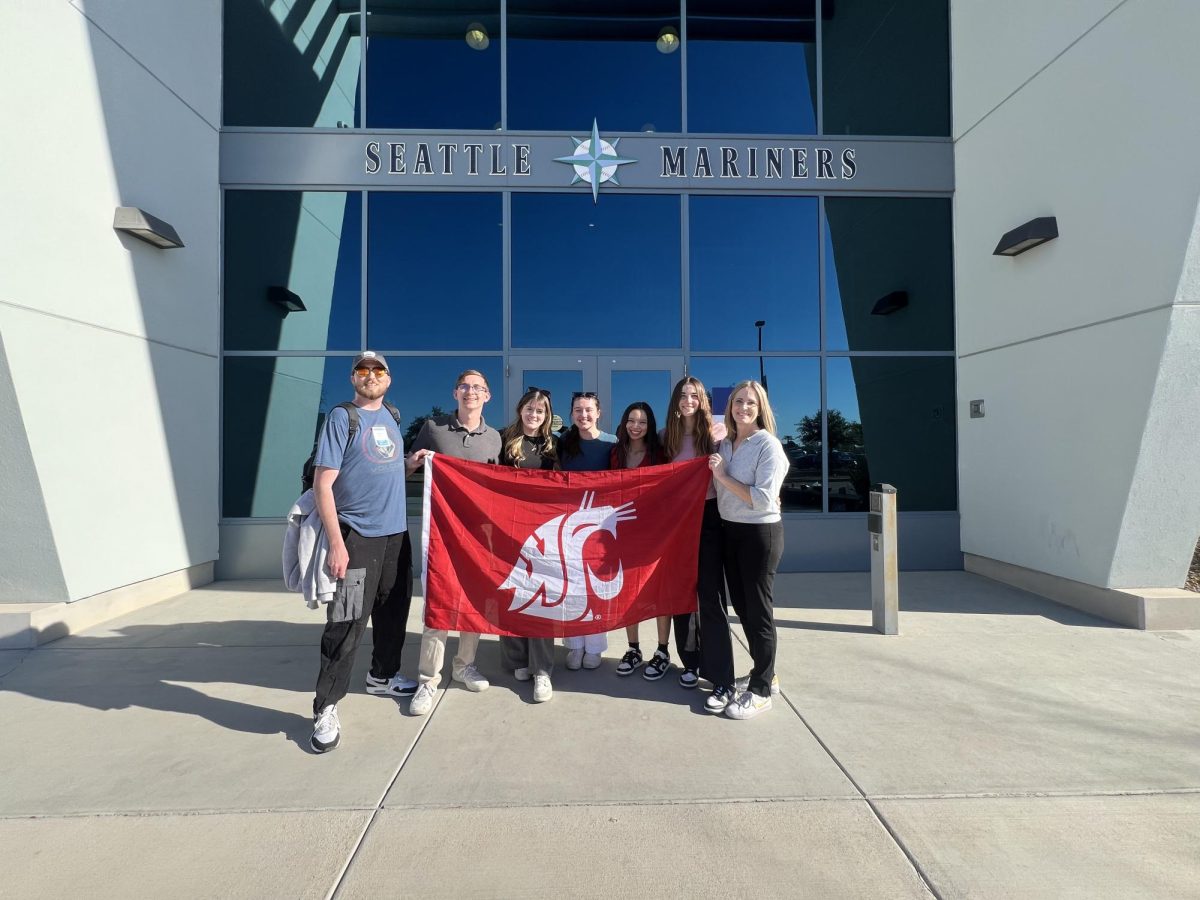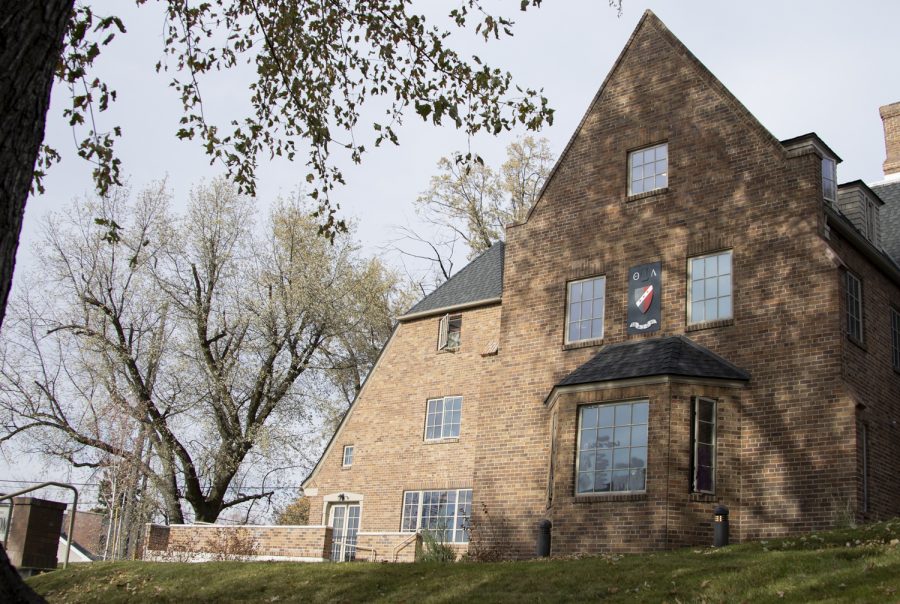WSU has been awarded two grants to help with fighting Food and Housing Insecurity, totaling $680,000.
Heather Case, Associate Dean of Students, said she is working with the Washington Student Achievement Council and the State of Washington to help give out these grants to students who might be struggling with housing or food insecurity.
These two grants are funded by two different pools of funds, Case said. The allocation of these funds varies based on what it is a student is struggling with. The Food Insecurity and Housing Insecurity grants are from two different grants and two different bills.”
After a student applies for the Housing Insecurity grant, their application gets sent to student financial services, Case said.
“[Student Financial Services] always evaluates first to see [if there are] other resources available that the students are eligible for that maybe they weren’t previously eligible for,” Case said. “There is a limit to how many times you can apply for emergency funding.”
After that, your application would then be sent to the office of the dean of students so that they can evaluate the need of one’s application. If a student is awarded this grant, WSU will give a student up to a certain amount of money to help with their struggles.
Throughout the application process, one might be expected to show why they need support from the school. Case said that could be in the form of an eviction notice or a past-due rent notice. All the money comes from the state, so the Dean of Students needs to document that a student meets the criteria of the grant before they are able to help that student.
However, the Food Insecurity grant works differently. If a student is eligible for either the Pell Grant or WASFA, you might be eligible for the Food Insecurity grant as well.
This specific grant will award 200 students $500 per semester as additional dining dollars. The pool of funds for this is different from the one for the Housing Insecurity grant, so the application process for these grants are different.
“[WSU] is the only four-year university on the eastern side of the mountains that has funded these grants,” she said.
Case said she is hopeful to see an increase in funding towards the Food Insecurity pilot grant to help more college-age students across the state of Washington. Previously only a handful of schools got that money and now that number of schools has significantly increased to other public universities and community colleges.
If you are a student and looking to apply for either of these grants, the application is accessible through the Dean of Students webpage, as well as the Student Financial Services webpage . People can call or come in person 9:00 a.m.–3:45 p.m. Monday–Friday. Both of these grants require a student to show their need to the school in order to receive any money from either of these grants.











